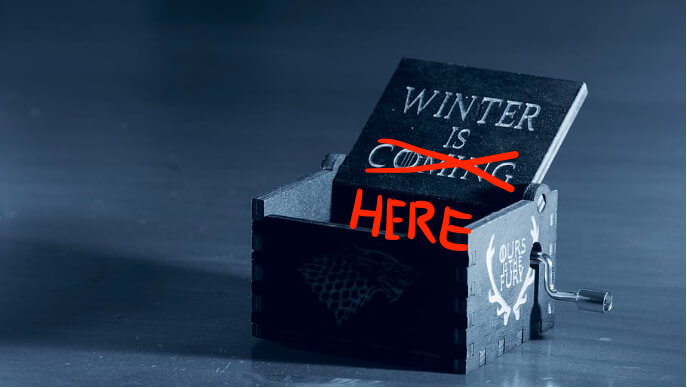Part 2 of 2: Long Live Web3
In Part 1 of this series, I discussed why crypto — and specifically crypto for crypto’s sake and centralized crypto — is dead.
Now, I’ll assert something seeming completely antithetical to “Crypto is Dead.”
Long live Web3.
How can we reconcile the two statements?
Let’s go back to the Dot Com Crash of the early 2000s. Many early Web1.0 companies went out of business, and many naysayers said similar things about the internet that people are saying about crypto now.
But a funny thing happened on the way to the Dot Com graveyard. While Web1 was drying, a new foundation for Web2 was being built. Specifically, broadband was becoming mainstream. What took 1 minute for a page to load now only took 5 seconds. Web pages were becoming more interactive with the introduction of JavaScript and Ajax. Smartphones were launched. The internet was becoming more usable, and more users were able to use the internet on more devices.
In other words, during the Web1 winter, the seeds for a Web2 spring were being sown. Just like a new forest emerges after a major forest fire, Web2 was an “ecological succession” of Web1.
Web3 is the ecological succession of both Web2 and centralized crypto. We’ve now seen what happens when too few companies control too much of the internet: e.g., massive data breaches, privacy violations, questionable business practices (e.g., Facebook and Cambridge Analytica), unilateral changes in Terms and Conditions (e.g., Gmail’s lifetime unlimited storage), discontinued services (e.g., Amazon Drive) and oligopolistic pricing (e.g., Android and iOS). We’ve now also seen what happens when speculation is the primary (and perhaps only) value being created in crypto, and when crypto is still centralized.
Web3 is all about decentralization and individual data ownership and control. Web3 will use the blockchain and cryptocurrency(s) as enabling technologies to achieve that decentralization.
Long Live Web3.
* * *
Speaking of Web3…
Today, Fog Works is excited to announce Foggie, the world’s first all-in-one Web3 virtual appliance. Foggie combines a host of Web3 functionality to create tangible, real-world benefits for developers and consumers alike and promises to be an essential Web3 on-ramp for consumers.
Foggie is a virtual appliance that enables customers to:
- Accelerate their IPFS content via next-generation IPFS pinning;
- Store their data and back it up in a secure, private, and fully decentralized manner;
- Improve the speed and availability of their public content;
- Avoid censorship;
- Permanently download dApps and privately store data generated by dApps;
- Effortlessly own, merchandise, and sell their digital assets; and
- Earn crypto rewards.
Learn more about Foggie at http://fogworks.io.

